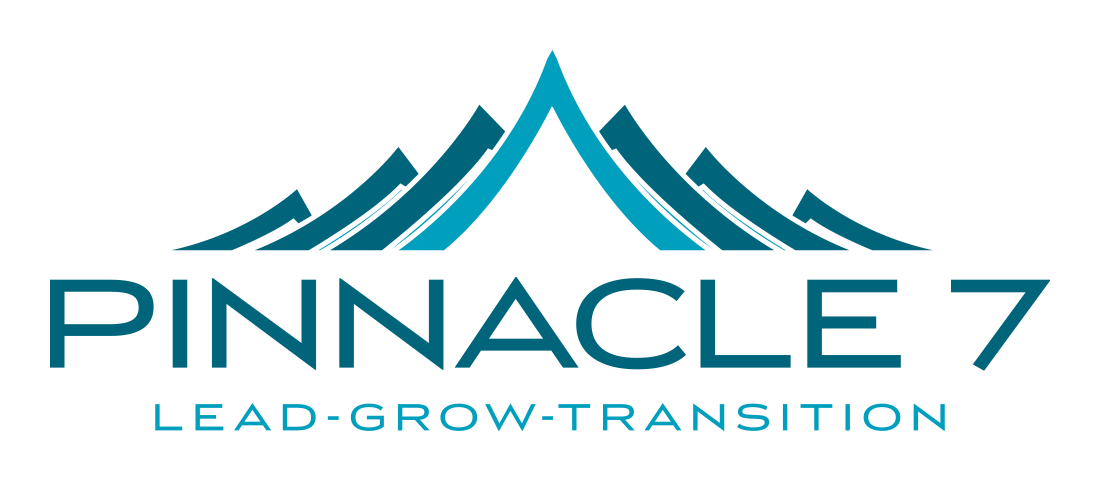
15 Jul How to Set Up a Powerful Affiliate Program
Ever wished you could have hundreds or even thousands of other people out on the web advertising for you without it costing you a thing until you get results? That is the dream, after all. You may be surprised to learn that the dream is a reality called “affiliate marketing,” and it is easier to set up than you imagine.
How Does Affiliate Marketing Work?
Affiliate marketing is seen by many advertisers as a simple win-win form of marketing. Site owners, wishing to increase the revenue stream from their own sites-sign up for affiliate programs and place ads for others’ products and services on their sites. The company running the affiliate program tracks site visitors, their path of origin, and their purchases; if the buyer comes from one of the affiliate websites that site owner gets paid a commission. The advertiser pays no upfront cost for its ad, and the affiliate site owner does nothing more than sign up for a program and post a banner on their own site.
Amazon.com was one of the first companies to build an affiliate program, and it now has hundreds of thousands of sites constantly advertising for it. While it started with books, now virtually any product in Amazon’s enormous catalog may appear on an affiliate’s ads.
Affiliates can drive traffic to Amazon.com and collect a royalty for everything from clothes to electronics to furniture. Today, hundreds of sites use this model for very low cost advertising, including eBay, HostGator, WalMart, and others.
How to Set Up an Affiliate Network
There are two primary ways to create your own affiliate marketing network. You can start your own affiliate program, which may require a bit of computer programming experience, but will allow for the greatest degree of flexibility. You create tracking software that embeds in the banners that you share with affiliates. Whenever someone clicks on the banner, it alerts you to the referral and tracks the referred user’s progress through your site. If they make a purchase, the software alerts you and you can award your affiliate per the terms of your agreement.
The second approach is simpler for those who do not wish to invest in their own affiliate marketing program tracking technology. A number of third party companies have created affiliate network programs that receive rave reviews from fellow affiliate marketers.
You simply sign up and provide the relevant images and information, and the affiliate company does the rest. They will recruit affiliates, administer payments, track clicks, and more. Of course, these services will require a fee and their affiliate programs tend to be one-size-fits-all; ergo, there is less flexibility in setting up your program’s parameters.
Here are a few options for you to research:
Making Your Program a Success
Of course, having an affiliate program and having one that is successful are two different things. In order for your program to take off, it needs to have a few essential elements:
- The product or service must be worthwhile. Site owners will not be likely to promote an item that has little chance of success on its own, since they want to make money from click-throughs just as badly as you do from sales.
- Your site needs to be pristine before you start your affiliate program. If your site is awkwardly laid out, has errors and broken links, or otherwise causes buyers to lose confidence, all the referrals in the world may not be enough to create success. Take the time to ensure that your site can sell the product before trying to involve affiliates.
- Finally, the reward for advertising your product or service needs to be great enough to entice affiliates into your program. If the effort to set up and monitor your links on their site will not garner a profit, your affiliates will lack an incentive to stay in the program. Worse yet, they may turn to a higher-paying competitor. Make sure your rewards are at least industry standard if not better.
Affiliate Marketing Can Be a Gold Mine
For successful site owners, an affiliate program can be like discovering a hidden treasure. This can be true for both the affiliate and the advertiser. In fact, many websites find that affiliate referrals quickly equal or exceed referrals from search engines or other organic traffic. Some sites even give up on pay-per-click and other forms of paid web marketing once they see the results of affiliate marketing.


